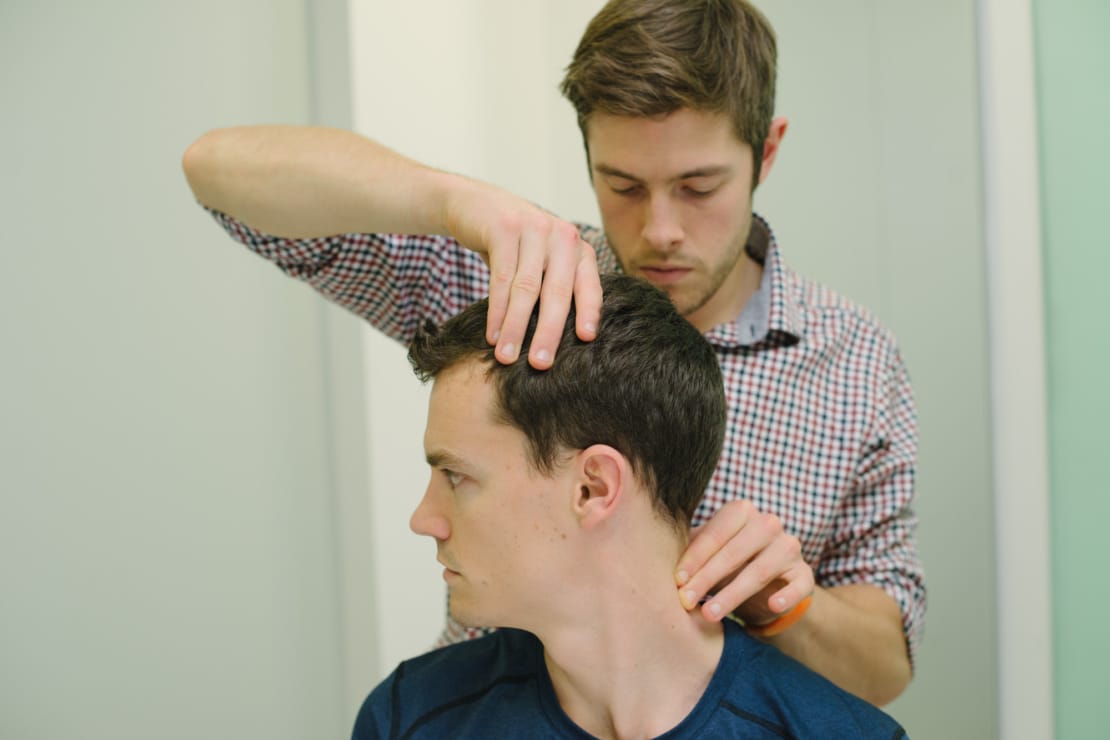Book a free 15-minute consultation. We’ll help you understand what may be causing the pain and provide the guidance you need to get you back to your best.
"*" indicates required fields
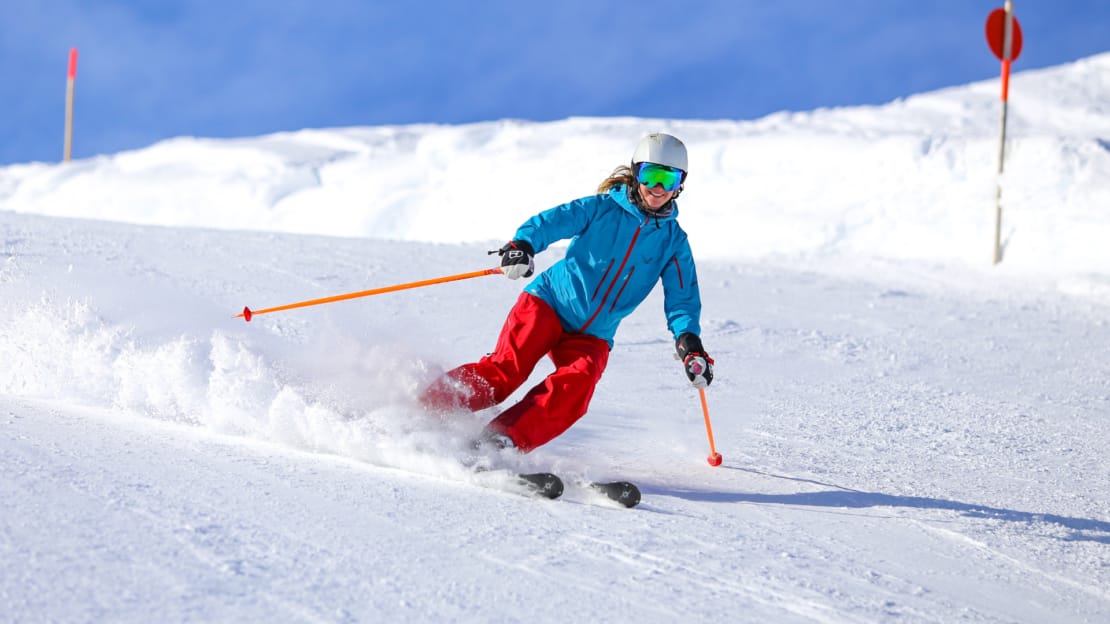
Whether you’re preparing for a skiing holiday or want to find out how to train in the colder months, our winter sports advice hub has you covered.


If you’re getting ready for your first or annual skiing holiday, then it’s important to prepare your body because the last thing you want is an injury out on the slopes and to become overly familiar with the cabin.
Or maybe you have your sights on a marathon in the new year and don’t want the weather to interrupt your training.
All this is where expert, clinical advice can support you in achieving your goals and keeping you pain and injury free doing the winter sports you love.
Speak to our team todayWith your ski trip booked, it’s time for you to dust off the boots, check your gear, and get excited by snow forecasts again.
Find out how to prepare from an expert physiotherapist and ski instructor, offering invaluable advice on exercises to strengthen your muscles, improve your balance, and enhance your endurance. Discover how a tailored program that targets key areas such as your core, legs, and back can help you stay in peak condition and — most importantly — pain and injury-free, allowing you to fully enjoy the slopes without any setbacks.
Get ready to Ski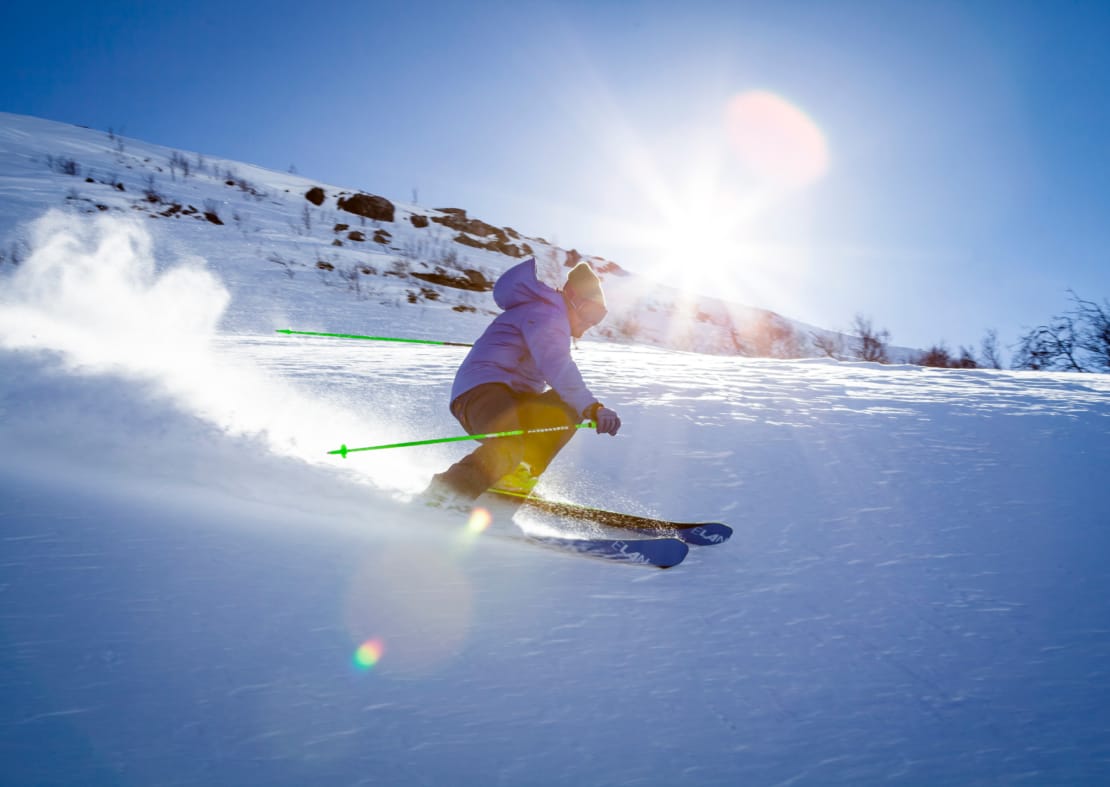


Try these easy exercises before hitting the slopes this season to help you avoid injury.
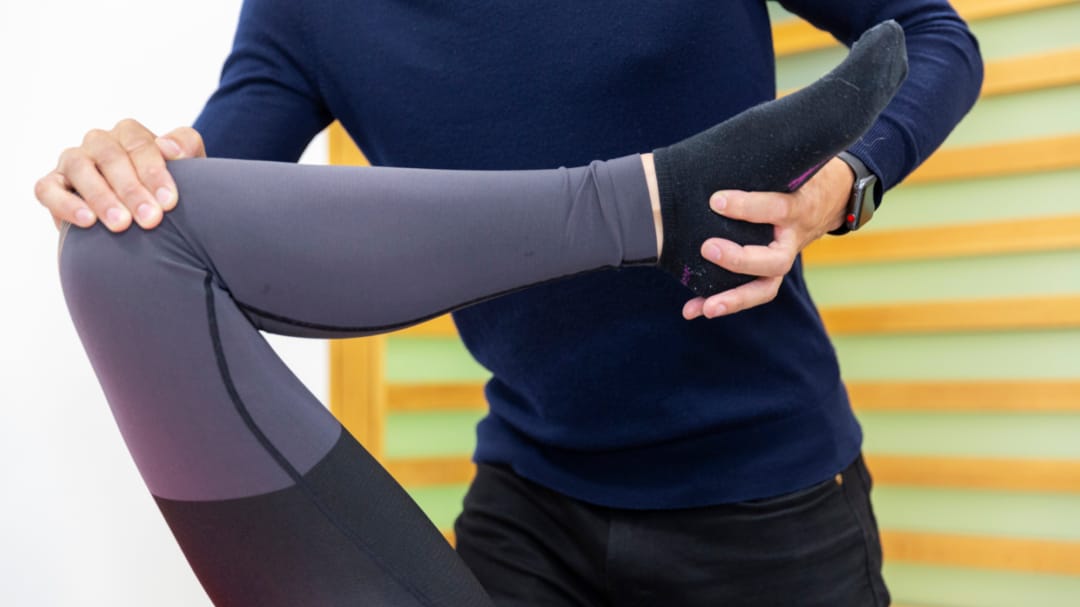

Going Off-Piste with your ACL Recovery. Ski injuries are a common complaint around this time of year so Physiotherapist, Tim Maynard focuses on knee and ACL injuries and recovery in this new, insightful blog.


What does the road to recovery look like after sustaining a head injury? Does wearing a helmet protect you from the risk of concussion? Consultant Dan Brooke answers these questions and more in our new blog for National Winter Sport Traumatic Brain Injury (TBI) Awareness Month.


It’s any skier’s nightmare to make it to those beautiful slopes, only to take a nasty tumble and spend the rest of the trip almost exclusively in the lodge. Ski injuries are tricky, but we’re here to tell you that there are ways back from musculoskeletal skiing injuries!
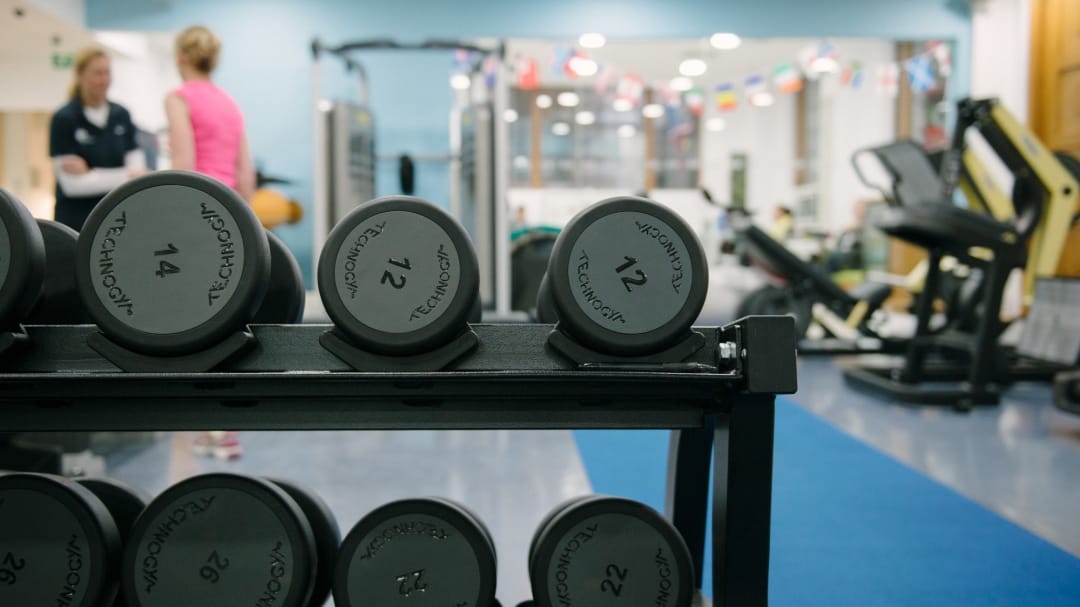

With the running, cycling and triathlon seasons over, endurance athletes should be thinking about how best to use the winter months.


As the days get cooler, most people will retreat indoors with delicious hot chocolate, don cosy sweaters, and relax by a crackling fire. But for those who love staying active, winter is the perfect time to switch things up!
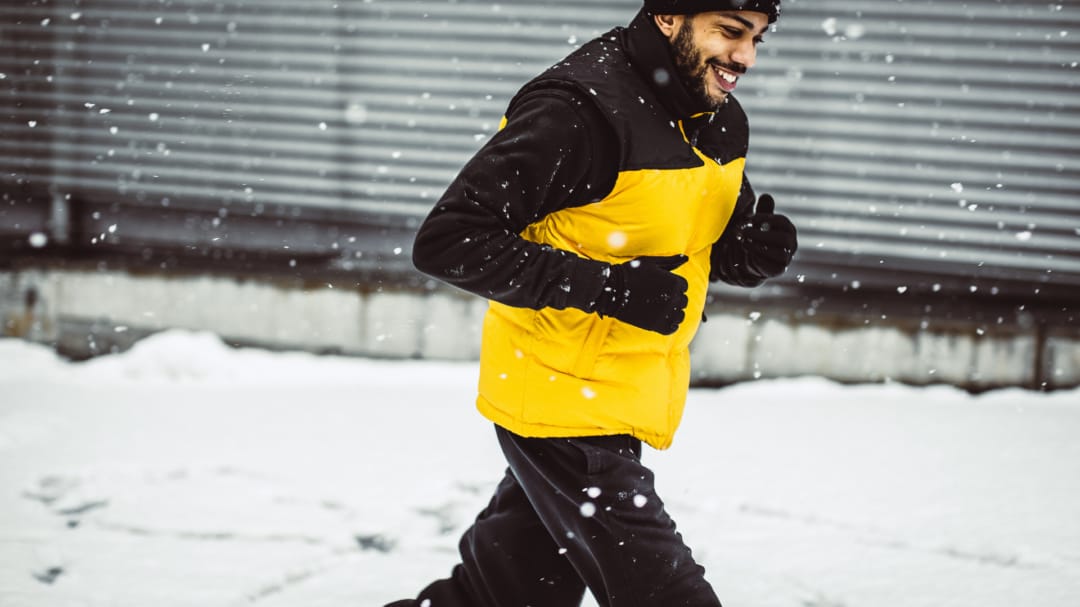

As the nights draw in and the temperature gets colder, we hope everyone is keeping warm and well. Our experts offer a few helpful tips to stay ahead of the game this winter, and keep you feeling your best.
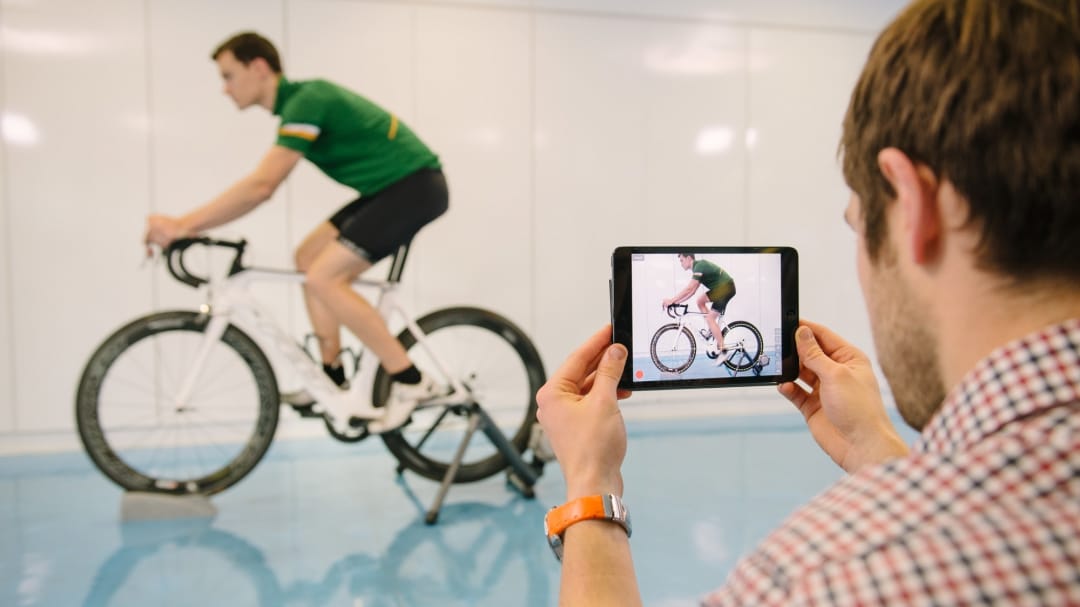

With darker mornings and rainy days it can be hard to stay motivated when it comes to cycling. Read this blog for winter bike tips indoors and outdoors.
A concussion is often a dramatic and alarming injury that presents suddenly and usually resolves quickly. However, it can occasionally have longer-lasting effects, including reduced concentration, prolonged headaches, dizziness, as well as potential behavioural and emotional consequences.
Concussion is not an injury that can easily be diagnosed with current imaging techniques, and therefore requires a systematic and holistic management approach by individuals who are experienced in dealing with such injuries.
More information